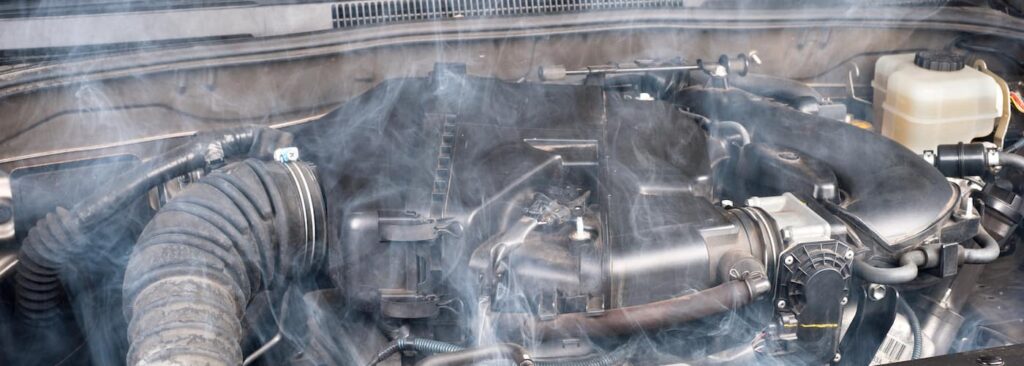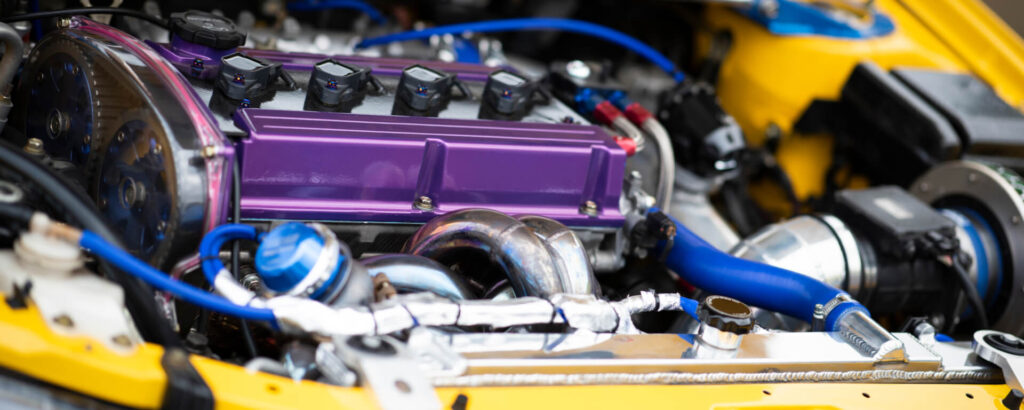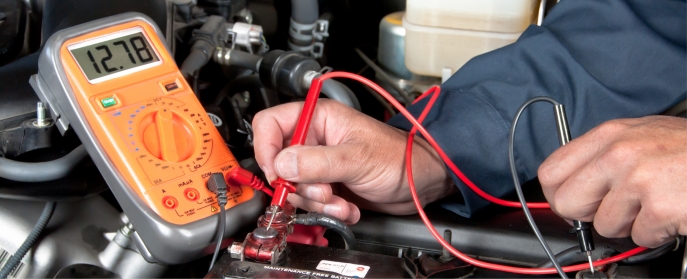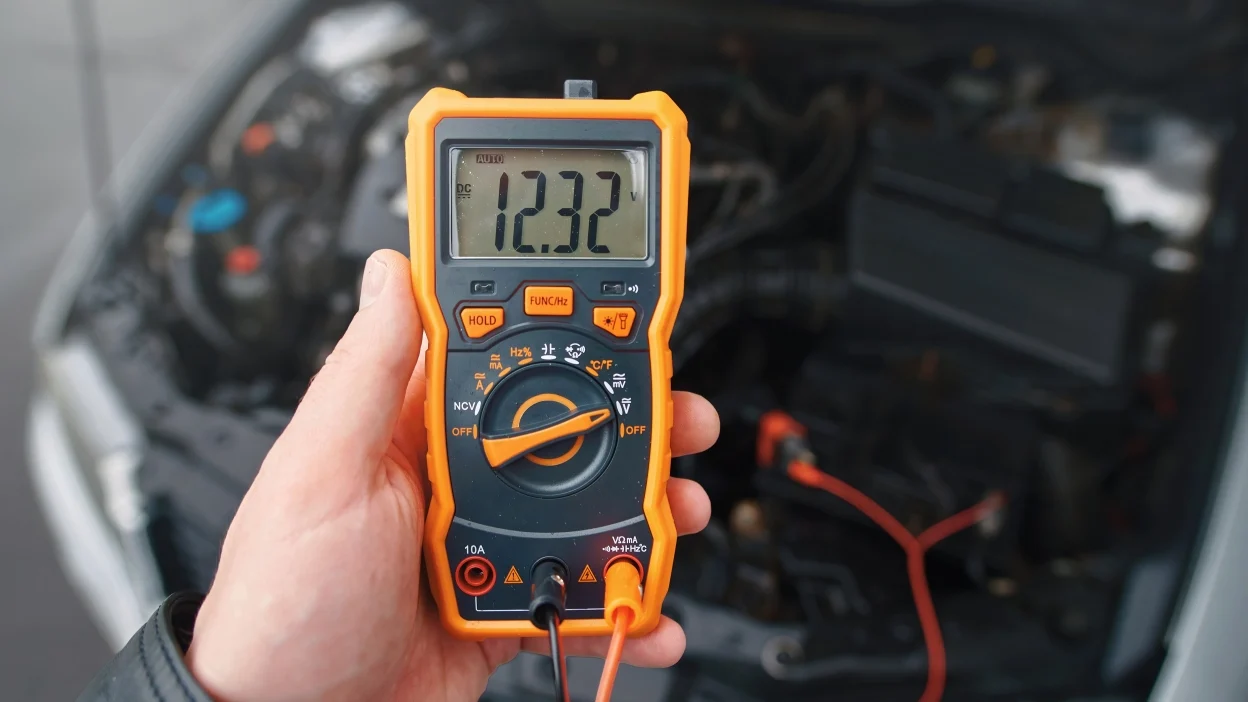Car engine overheating is one of the most common yet preventable issues that can leave you stranded and cause expensive repairs. Understanding how to prevent car engine overheating can save you time, money, and stress. In this blog post, we will explore the steps you can take to keep your engine running smoothly and avoid the danger of overheating.
Table of Contents
Why Is Car Engine Overheating a Concern?
Engine overheating occurs when the engine temperature rises beyond its normal operating range. This can lead to serious damage, such as warped cylinders, blown gaskets, or even complete engine failure. Therefore, knowing how to prevent car engine overheating is crucial for every vehicle owner.
1. Regularly Check Coolant Levels
One of the primary reasons for car engine overheating is low coolant levels. Coolant helps maintain the engine’s temperature by absorbing excess heat. If the coolant is low, the engine can easily overheat. To prevent car engine overheating, always check the coolant levels regularly and top them off as needed.
2. Inspect the Radiator and Hoses
The radiator is a vital part of your car’s cooling system. Over time, radiators can become clogged, leading to insufficient cooling and engine overheating. Check the radiator for any signs of leaks or corrosion. Make sure all hoses are in good condition and free from cracks, as damaged hoses can also contribute to overheating. By inspecting your radiator and hoses, you can help prevent car engine overheating.
3. Maintain the Thermostat
The thermostat plays a crucial role in regulating the engine’s temperature. If the thermostat is faulty, it may fail to open or close properly, causing the engine to overheat. To prevent car engine overheating, make sure your thermostat is functioning correctly. If you notice any signs of engine temperature irregularities, consider having the thermostat checked and replaced if necessary.
4. Change Your Oil Regularly
Oil lubricates the engine components, reducing friction and heat buildup. Over time, oil can break down and lose its ability to cool the engine efficiently. To prevent car engine overheating, ensure that you change your engine oil at the recommended intervals. Fresh oil helps maintain the engine’s temperature and keeps it running smoothly.
5. Monitor the Cooling Fan
The cooling fan helps regulate the temperature by drawing air through the radiator. If the fan is malfunctioning or not turning on when needed, it can contribute to engine overheating. If you’re unsure how to check the fan, have a professional mechanic inspect it to ensure it’s working properly. By maintaining the cooling fan, you can significantly reduce the risk of car engine overheating.
6. Be Mindful of Your Driving Habits
Aggressive driving, especially in hot weather, can put additional strain on your engine and lead to overheating. To prevent car engine overheating, avoid sudden accelerations and excessive idling. Try to drive at moderate speeds and avoid heavy traffic whenever possible. Proper driving habits not only protect your engine but also extend its lifespan.
7. Replace Worn Out Parts Promptly
Old or worn-out parts can contribute to engine overheating. For instance, a failing water pump can hinder the flow of coolant, causing the engine to overheat. Similarly, deteriorated radiator fans or belts may not perform as they should. Make it a point to replace any worn-out components in your vehicle to help prevent car engine overheating.
8. Know the Signs of Overheating
Knowing how to identify the early signs of overheating is essential. Some warning signs include a rising temperature gauge, steam coming from the engine, or unusual engine sounds. If you notice any of these symptoms, it’s important to address them immediately. By acting quickly, you can prevent a minor issue from escalating into a major engine problem, thus avoiding an overheating situation.

Conclusion: Keep Your Engine Cool and Running Smoothly
Knowing how to prevent car engine overheating is essential for any vehicle owner. By regularly checking coolant levels, inspecting your radiator, maintaining the thermostat, and practicing good driving habits, you can significantly reduce the risk of overheating. A little maintenance can go a long way in ensuring that your engine stays cool and operates efficiently for years to come.
By following these tips, you can avoid costly repairs and enjoy a smoother, more reliable driving experience. Always remember, how to prevent car engine overheating is in your hands! Keep your car well-maintained, and it will serve you better in the long run.
Related Post:
In addition to preventing engine overheating, it’s important to ensure your car’s cooling system is in top shape. For tips on how to maintain your car’s radiator, check out our guide on how to tell if a car radiator needs replacing.





Leave a Reply